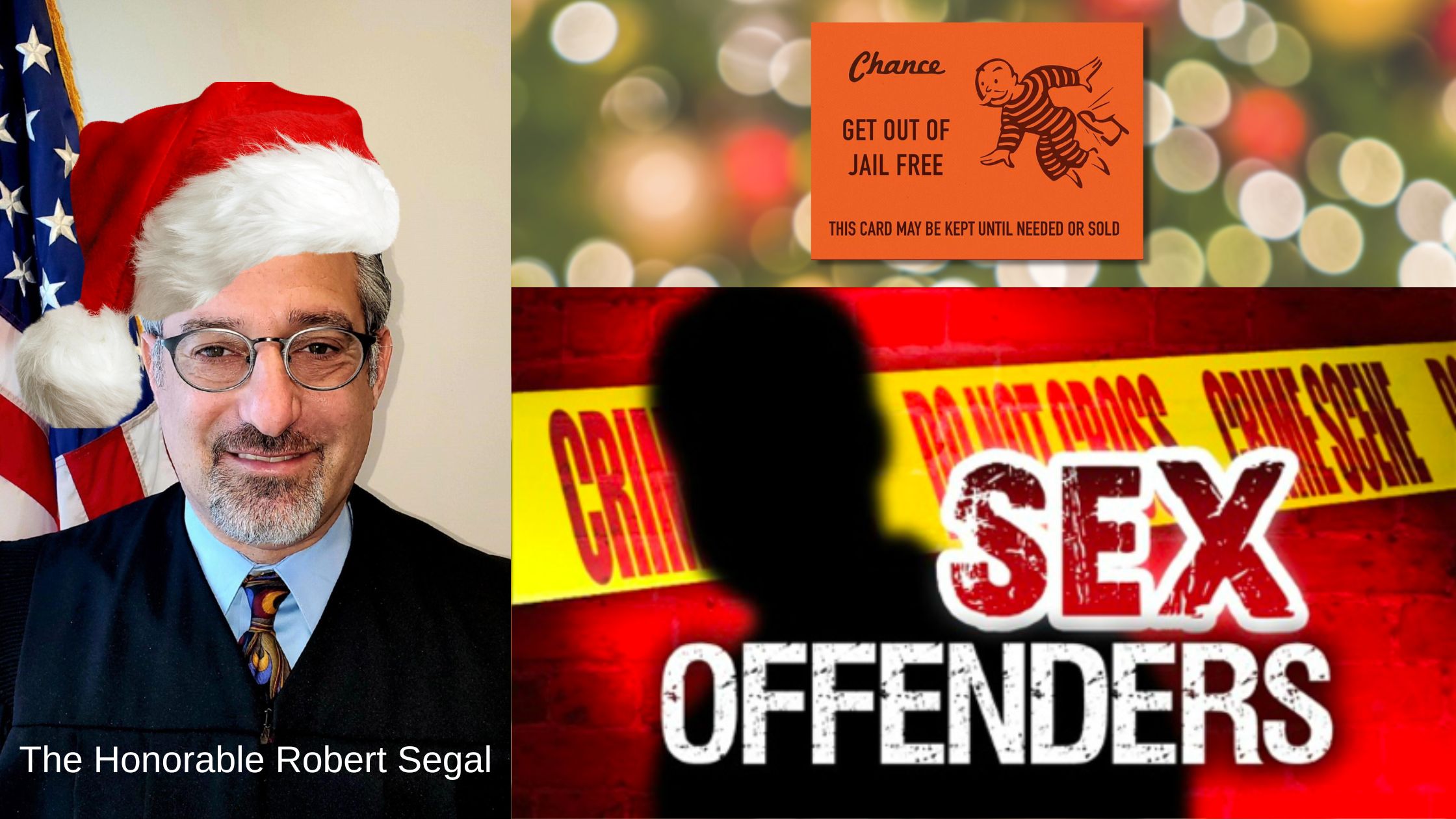At tonight’s Brevard County school board meeting, an unexpected and somewhat surreal scene unfolded. A local resident, Gregory Ross, determined to draw attention to the potential consequences of Florida’s controversial education bills, took to the microphone during public comment. Armed with a Webster’s Dictionary, he began to read aloud definitions in the book. However, his attempt to shed light on the potential impact of the proposed laws was swiftly quashed by the school board chair Matt Susin, who deemed the reading as obscene and inappropriate for the setting.
This incident starkly illustrates the anxieties that have arisen surrounding a series of education bills currently awaiting the signature of Governor Ron DeSantis. While the bills have sparked a range of opinions, they collectively raise concerns about potential censorship, suppression of academic freedom, and limitations on access to diverse educational materials.
Similarly at the previous board meeting, Moms for Liberty members came up to the mic and read graphic excerpts from books found in several high school libraries, often without interruption. When they are cut off, they commonly state that “if it can’t be read in the public, then it’s inappropriate for the schools.” Well played Mr. Ross.
This resident was permitted to read, at length until her time elapsed. The difference is she supports book banning, and Ross does not.
Webster’s Dictionary and the Law:
Among the bills under scrutiny is the “Parental Rights in Education Act.” The bill, which has been criticized as the “Don’t Say Gay” bill, introduces provisions that limit classroom instruction on sexual orientation or gender identity for students in kindergarten through grade 12. The aim is to ensure that instruction aligns with state standards and is deemed age-appropriate or developmentally appropriate.
While dictionaries are not typically viewed as classroom instruction materials, they may become unexpectedly ensnared by the bill’s language as they are certainly in every school library, and likely classroom libraries. Dictionaries contain definitions and explanations of terms related to sexual orientation and gender identity, which could be considered “age-inappropriate” or contrary to the bill’s objectives. Although dictionaries are meant to provide a comprehensive understanding of language, their contents might face scrutiny under the proposed law. If it is challenged by a parent, then it must be removed pending review under the current policy.
Shakespeare’s Works and Hillsborough County:
The debate over censorship in Florida’s education system has extended to classic literary works. In Hillsborough County, concerns have arisen over the potential removal of parts of William Shakespeare’s plays from classroom instruction. The fear is that some aspects of Shakespeare’s works may violate the new laws, as his plays often touch on themes related to sexuality, gender, and social issues.
Hillsborough County School District’s decision to alter Shakespeare’s works underscores the complex challenges educators face in navigating these new regulations. The removal of sections of iconic literary works like those of Shakespeare raises questions about the preservation of artistic and cultural heritage, as well as the potential impact on students’ exposure to diverse viewpoints.
An Array of Potentially Banned Materials:
Beyond dictionaries and Shakespeare’s works, other commonly found reference materials and classic literary works also find themselves at the center of this debate. Encyclopedias, for instance, cover a wide array of topics, and entries that discuss sensitive issues like sexuality, religion, history, and social justice may be challenged for being deemed inappropriate or contrary to the proposed laws.
Classic literature, celebrated for its exploration of complex themes, could face renewed scrutiny. Works such as “To Kill a Mockingbird,” “The Adventures of Huckleberry Finn,” and “1984” touch on issues such as race, sexuality, and social justice. Under the proposed laws, these texts might be at risk of censorship or restrictions due to their potentially controversial content.
Historical documents and primary source materials, which provide valuable insights into different perspectives and viewpoints, could be subject to objections if they are perceived as promoting ideas that oppose the proposed laws. Biographies and memoirs that discuss themes like race, gender, or social issues might also face challenges if they are seen as promoting ideas that run counter to the proposed laws.
Concerns Over Academic Freedom:
Critics argue that these bills, though well-intentioned, cross the line of common sense. The emphasis on transparency and adherence to specific standards could inadvertently lead to self-censorship by educators and administrators. The fear of objections and controversies may prompt educators to avoid including diverse and potentially challenging materials in their curriculum, ultimately limiting students’ exposure to a well-rounded and enriching education.
As Governor DeSantis considers signing these bills into law, educators, students, and advocates for academic freedom are closely watching the potential implications for Florida’s educational landscape. The balance between protecting sensitive topics and preserving open discourse remains a point of contention, leaving many to question the long-term impact on the state’s classrooms and libraries.




